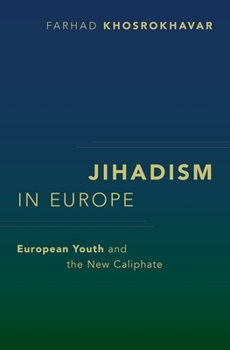Jihadism in Europe: European Youth and the New Caliphate
European jihadism is a multi-faceted social phenomenon. It is not only linked to the extremist behavior of a limited group, but also to a much more global crisis, including the lack of a utopian vision and a loss of meaning among the middle classes, and the humiliation and denial of citizenship among disaffiliated young people in poor districts all over Western Europe. This book explores how European jihadism is fundamentally grounded in an unbridled and modern imagination, in an uneasy relationship with social, cultural, and economic reality. That imagination emerges among: young women and their longing for another family model; adolescents and their desire to become adults and to overcome the family crisis; people with mental problems for whom jihad is a catharsis; and young converts who seek contrast with a disenchanted secular Europe. The family and its crisis, in many ways, plays a role in promoting jihadism, particularly in families of immigrant origin whose relationship to patriarchy is different from that of the mainstream society in Europe. Exclusion from mainstream society is also a factor: at the urban level, a large proportion of jihadists come from poor, stigmatized, and ethnically segregated districts. But jihadism is also an expression of the loss of hope in the future in a globalized world among middle class and lower-class youth.
Format:Paperback
Language:English
ISBN:0197602525
ISBN13:9780197602522
Release Date:June 2021
Publisher:Oxford University Press
Length:424 Pages
Weight:1.40 lbs.
Dimensions:1.0" x 6.2" x 9.2"
Customer Reviews
0 rating





